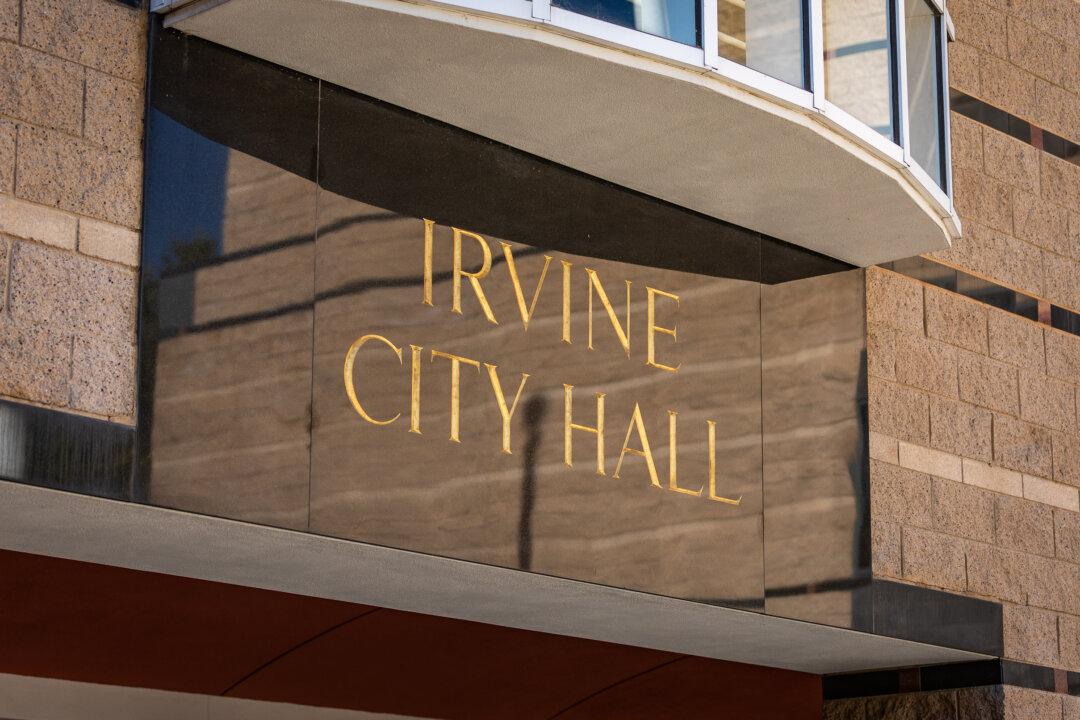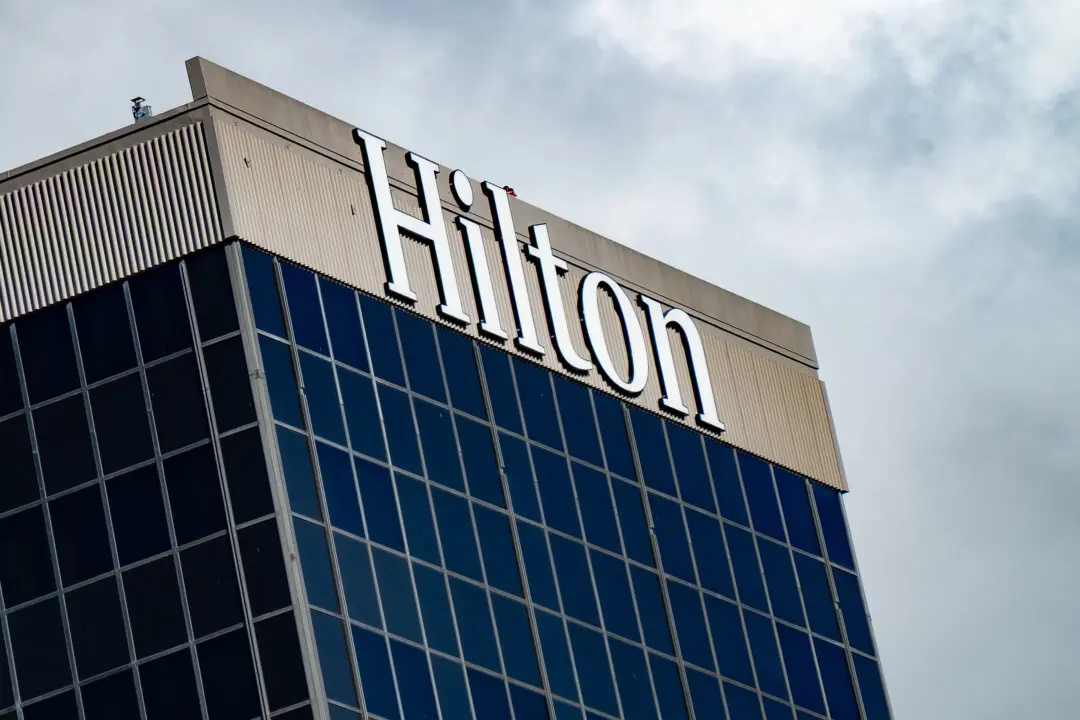Irvine Mayor Christina Shea and rival conservative candidate Katherine Daigle were noticeably absent from a mayoral debate hosted by University of California–Irvine (UCI) students on Oct. 16, as liberal candidates Councilmember Farrah Khan and Luis Huang presented their platforms.
Daigle told The Epoch Times she has participated in UCI events in the past and had received an email from the debate organizers, but wasn’t interested in answering questions that revolve around topics like climate change.





